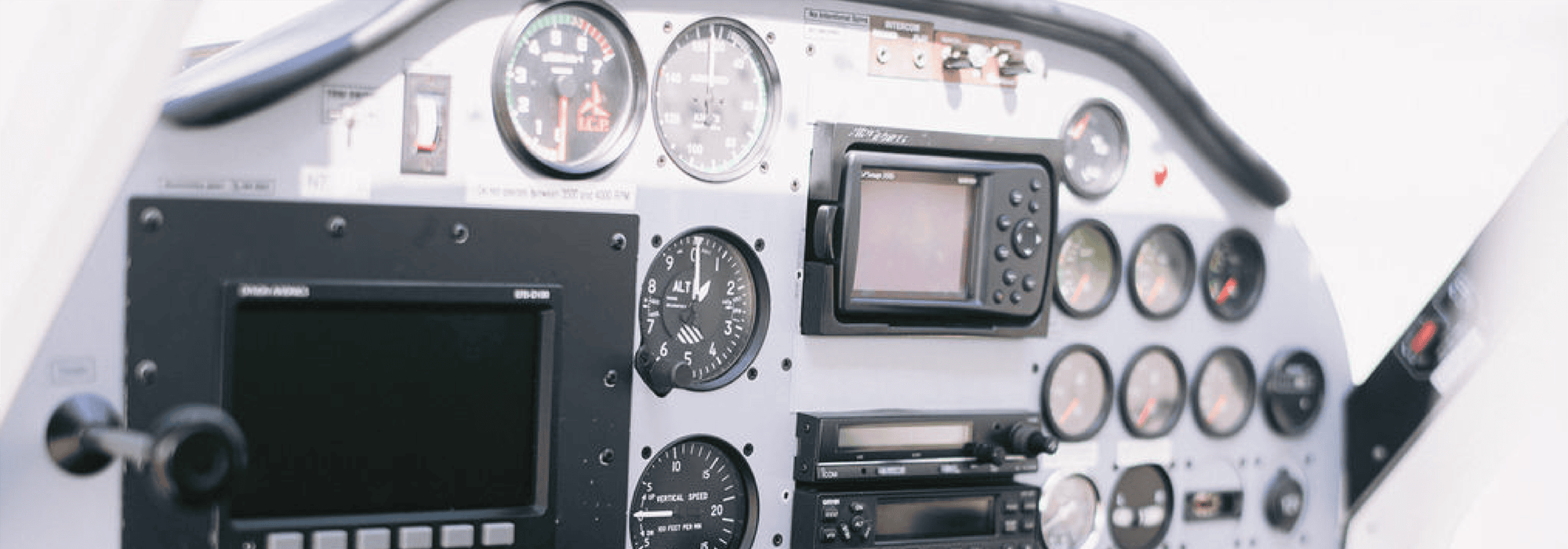Instrument
First and foremost, an instrument rating allows you to fly in instrument meteorological conditions (IMC), such as clouds or fog, when visual reference to the ground is limited. This expands the range of weather conditions in which you can safely operate and allows you to fly more efficiently by using instruments to navigate and maintain control of the aircraft.
In addition to increasing your safety and flexibility as a pilot, an instrument rating can also enhance your career prospects. Many airlines and charter companies require their pilots to hold an instrument rating, and having this additional qualification can make you a more competitive candidate for these types of jobs.
Finally, obtaining an instrument rating can be a personally rewarding experience. It requires a significant amount of dedication and hard work, but the sense of accomplishment upon earning your instrument rating is unparalleled.
In summary, if you want to increase your safety and flexibility as a pilot, enhance your career prospects, and challenge yourself with a rewarding and fulfilling experience, then obtaining an instrument rating is a great choice.
